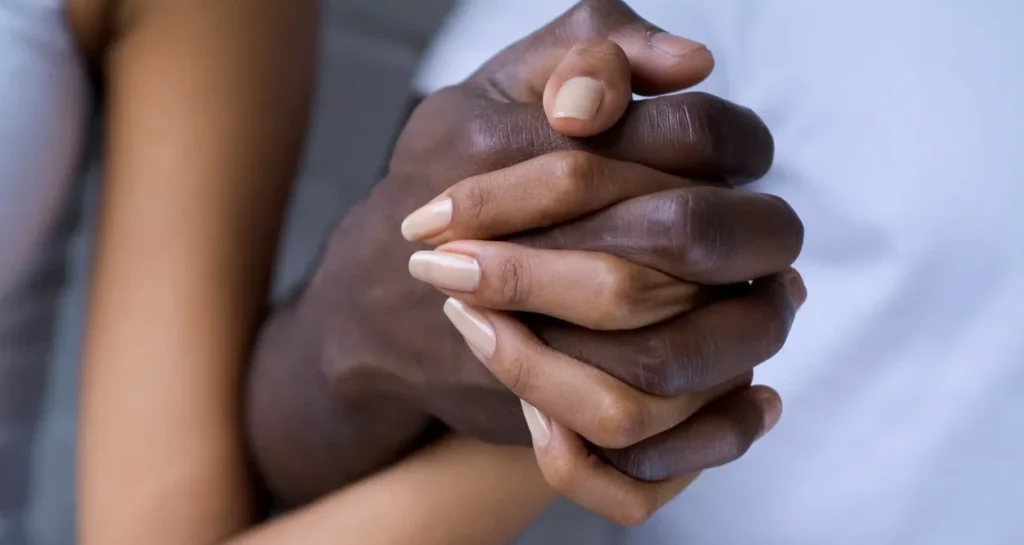
To validate someone is to enter their world, and acknowledge their thoughts, feelings and behaviours, bearing in mind their context and life experiences.
To validate someone is to reflect back their experience with empathy, understanding, and compassion. It is to show them that their feelings, thoughts and reactions make sense in their present and past circumstances. Validation can be general (e.g. “I can imagine that was difficult for you” or specific “It makes sense that you would feel sad/angry/unsure/afraid/shamed etc.”)
It might sound like:
“I can imagine that would be really difficult for you, given what you have experienced in the past”
“It makes complete sense you would feel that way, given how unsafe/afraid/unsure you have felt in the past”
“Of course you feel sad/angry/afraid/disappointed/frustrated/hurt by that situation”
“I can imagine you might feel hurt by what I said when ____________________ in our last interaction/ meeting/conflict”
“I can understand why you would feel that way”
“That makes sense to me”
“That sounds really hard/difficult for you”
“When that happened, I can imagine you felt ______________”
“When that happened I can imagine you thought ______________”
“That reaction makes sense to me given that you felt ___________________”
To validate someone has many benefits:
It soothes difficult emotional states: to receive validation has been linked to the release of emotion calming neurotransmitters in the brain
It increases trust and connection in relationships: to receive validation can help us feel seen, heard and more deeply understood by others which decreases our need to prove or defend ourselves in difficult conversations (i.e. it decreases our need to feel that we are “right”)
It increases self-trust and self-compassion: when we receive validation from another person, it helps us to trust our understanding of the experiences we have had, and can help us move away from the self-critical question “what is wrong with me?” to “it makes sense that I said/did/behaved/felt/thought that way given what is/was happening for me”
How to validate someone:
Practice empathy: get into their experience with them by showing curiosity about their experience in an open and non-judgmental way
Reflect their emotion/thought/behaviour back to them while normalizing it (i.e. “Of course…/I imagine…/It makes sense that you felt/thought/did…)
Show understanding as to why they are experiencing what they are experiencing: connect their experience to their wider context
